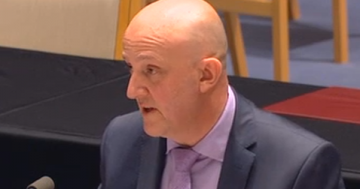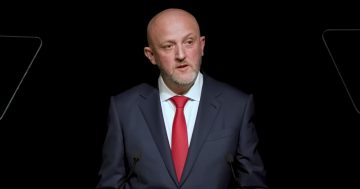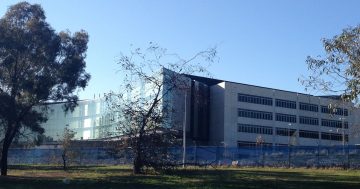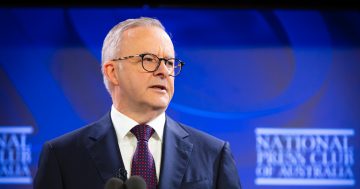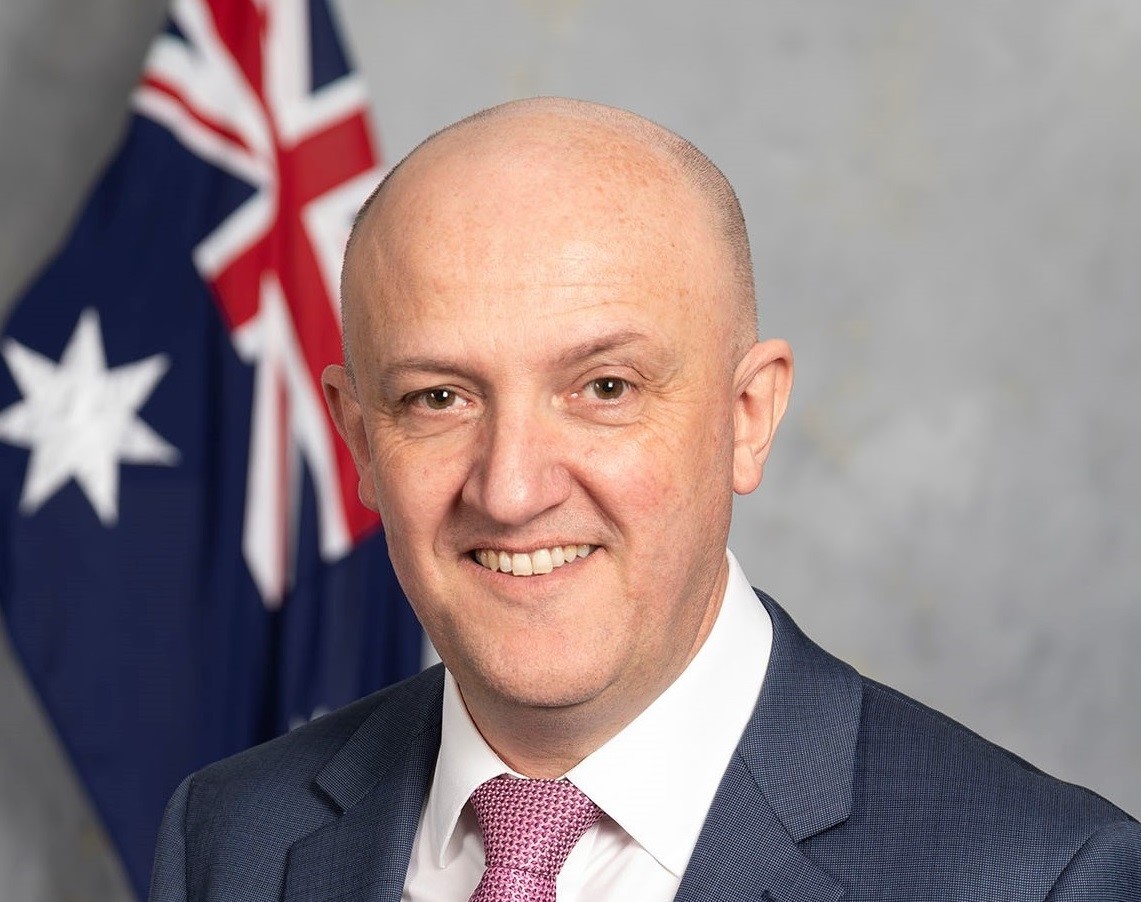
ASIO Director-General Mike Burgess: “Busier than the Cold War; busier than 9/11; busier than the height of the caliphate.” Photo: ASIO.
Public servants and judges are among those being targeted by international espionage networks and some appear to be sympathetic to foreign interests, according to Australia’s top spy boss Mike Burgess.
In his annual threat assessment address delivered on Tuesday night (21 February), the director-general of the Australian Security Intelligence Organisation described “unprecedented” levels of well-placed Australian figures being targeted by foreign spies.
Public sector bureaucrats, along with journalists, judiciary, academics and military veterans were among the most targeted.
“Based on what ASIO is seeing, more Australians are being targeted for espionage and foreign interference than at any time in Australia’s history,” Mr Burgess said.
“More hostile foreign intelligence services, more spies, more targeting, more harm, more ASIO investigations, more ASIO disruptions.
“From where I sit, it feels like hand-to-hand combat.”
“This means ASIO is busier than ever before. Busier than any time in our 74-year history.
“Busier than the Cold War; busier than 9/11; busier than the height of the caliphate.”
He spoke of a “hive of spies” being removed from Australia over the past year and the foiling of two plots by foreign entities to harm human rights activists and dissidents living here.
There had also been numerous and concerted attempts to hack into Australian media outlets’ databases.
He named no countries but said it was apparent foreign spies were highly trained and using sophisticated tradecraft to disguise their activities.
“They were good, but ASIO was better,” he said.
One foiled plot involved a foreign “lackey” targetting senior Australian journalists with an offer of a fully paid overseas study tour where they would have been introduced to spies disguised as local officials of the country they were visiting.
“Almost certainly, the journalists’ phones, laptops, and tablets would also have been targeted,” Mr Burgess said.
“If left unattended, even in a locked hotel room safe, the spies would have downloaded data and potentially installed malware giving them ongoing access to contacts, stories, emails and calls.
“ASIO intervened before the study tour was arranged and no harm was done.”
But the spy boss said some public servants, academics and business identities were directly pressuring him to rein in some of ASIO’s work.
“Individuals in business, academia and the bureaucracy have told me ASIO should ease up its operational responses to avoid upsetting foreign regimes,” Mr Burgess said.
“Of course, they are entitled to their views, but the reasons they offer for them are flimsy, such as: ‘All countries spy on each other’; ‘We were going to make the information public anyway’; ‘It’s no different to lobbying or networking’; ‘The foreign government might make things difficult for us’; and so on.”
Mr Burgess described former Australian military personnel working for authoritarian regimes as “top tools” rather than “top guns” who are putting “cash before country”.
Asked about it all on radio on Wednesday morning (22 February), Treasurer Jim Chalmers said it was concerning how much foreign interference was threatening Australia’s national security and democracy.
“I think the point that Mike was making about that specific issue is that we can’t let these things slide when our national interests are at stake,” he told RN Breakfast.
“That’s ASIO’s view, it’s Mike Burgess’s view and it’s the government’s view as well.”












